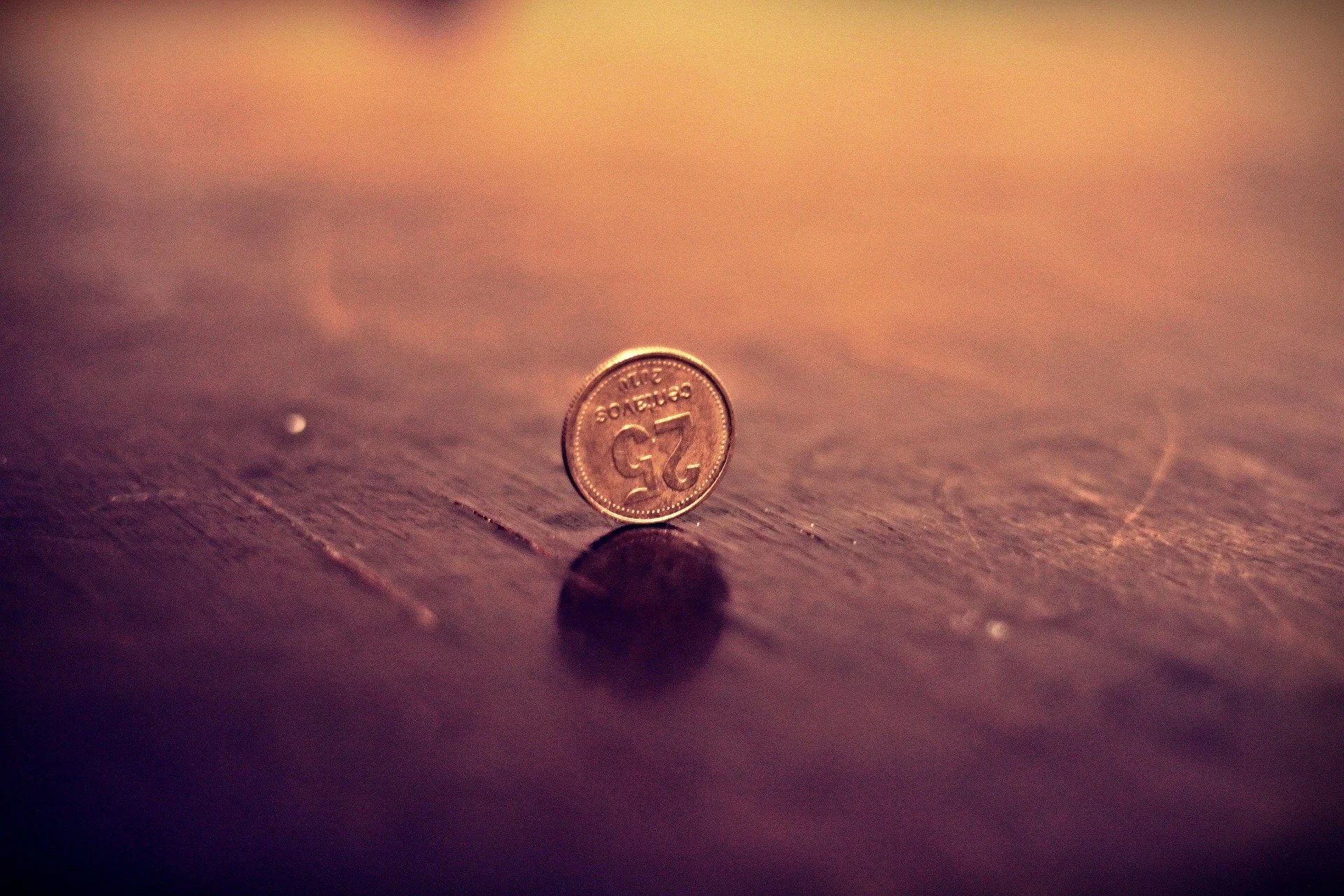lITTLE tHINGS
by Stephanie Gresham
“I’m basically knocking on death’s door,” she says, “and I need you to know about the diamonds before it’s too late.” I pace the sidewalk in front of the bookstore while people pass on their way to lunch or shopping or whatever people whose mothers aren’t suddenly dying do.
“When?” I ask because it seems like the next question an only child who is somewhat estranged from their mother would want to know. She tells me it could be tomorrow, it could be six months from now. The doctors had only patted her hand and suggested she look into hospice programs when the scans came back mostly dark with one large moon of white shining on her left side.
“Do you think it will be tomorrow?” I live three thousand miles away from my mother, so this detail seems important for making arrangements.
“It doesn’t feel like it will be tomorrow. But in case it is, I’m calling to tell you about Socialized Medicine.”
“It’s a bit late for that, don’t you think?” An elderly couple totters by me on the sidewalk.
“I’m serious, Stephanie. There’s a book called Socialized Medicine with a hidey-hole inside and that’s where grandma’s jewels are.”
***
Like a darling magpie, my eleven-year-old Annie is a devoted collector of little things. There’s not a length of sidewalk in our neighborhood she’s failed to find some bit or bauble to stick in her pocket for later: pen caps, barrettes, mechanical pen springs, acorns shaped like anything besides your average acorn, colorful bits of yarn or twist ties for bread bags.
“It was a gift,” she’d said about the one-inch length of pencil I found in an Altoids tin on her desk. The hinged lid was covered in strips of mismatched washi tape—curled at the edges like birch bark. Besides the inch of pencil, there were a couple of shiny pennies, a heart-shaped oak leaf, a small square of pink paper I wasn’t permitted to unfold for reasons I didn’t ask, and a single milk tooth. The items she puts in this familiar little treasure box vary, but they all hold personal meaning or perhaps at least value enough to keep hidden from her two siblings—part cabinet of curiosities, part secret compartment. Everything inside it connects to some memory she’s not ready to let go of.
***
My grandmother’s treasures were pendants and golden bracelets, a sparkly ring made up of a dozen little diamonds. The things my mother deemed too special to wear, that my grandmother had rarely taken off. If my grandma was very eat dessert first, then my mother is don’t eat it at all.
“And my solitaire is in there, along with some other random rings and things that are too nice for Tuesdays.” The word comes out Tuesdee, same as my grandmother used to say it. “It’s all worth something. Tens of thousands maybe. Thirty thousand. Who knows?” A cough travels through the phone.
“I don’t want you to forget about it,” and then, “What if it gets tossed away?”
I try to picture the treasure box on the same shelf as my grandpa’s law books and the soft mystery paperbacks.“Okay, mom, where is it?”
She knows I won’t want other things, like the set of mildew-freckled encyclopedias or the pearl-handled pistol, or the crystal candy bowl that resembles an upside-down turtle.“Next to grandma’s urn on the bookshelf.” She knows I won’t want the ashes. Grandma’s, her dog’s, or hers. Because I don’t want to admit I don’t know which urn she’s talking about, I just say OK. The phone call ends without either of us mentioning it is my birthday.
***
Several weeks later, I am brushing my mother’s teeth with a white, hospital-issued toothbrush. They poke out from her gums at odd angles now, yellow from years of smoking. Her mouth is dry and filmy—a side effect of the radiation treatments—so I’m tipping a flimsy plastic cup of water over her lips for her to rinse. An irritable wind tosses the palm fronds of the cabbage palms outside. A vacuum tube occasionally ushers away fluids from under her pale blue gown with a feeble sucking sound we both attempt to ignore. The oxygen machine hisses.
There’s a trio of school photos on the windowsill in her room. Behind the glass, the bottom of the photos are waterlogged and rippled a little, a physical reminder of a subtle spoilage between us. She brings up the book of diamonds again and I’m doubtful the value of its contents comes anywhere near to what she claims. I wonder if it’s possible the treasure book is a fabricated memory; a ghostly tether to my grandmother that’s now—in my mother’s approaching death—being held out to me.
At my mother’s grandmother’s house I search the shelves, but I don’t find any book safe about medicine, socialized or not. I look in filing cabinets and desk drawers. I find expired aspirin and gummy tangles of rubber bands. I fold a recipe card for goulash written in my grandmother’s tall, slanted handwriting and put it in my pocket. All of the books I find are just books. But on a bedside table is a small tufted box—no bigger than Annie’s mint tin—covered in red silk fabric with gold piping on the edges. The diamond ring they cut off my mother’s finger when arthritis bent her hands into stiff angles is inside it, next to a single greenish penny.
Stephanie Meade Gresham is a former Floridian and current BFA student writing in Portland, Oregon. She loves reading books on her extravagant green sofa and writing stories in a wee bedroom closet. Find her essays and fiction in Entropy magazine, Waxing & Waning literary journal, and the forthcoming issue of New South Journal.
